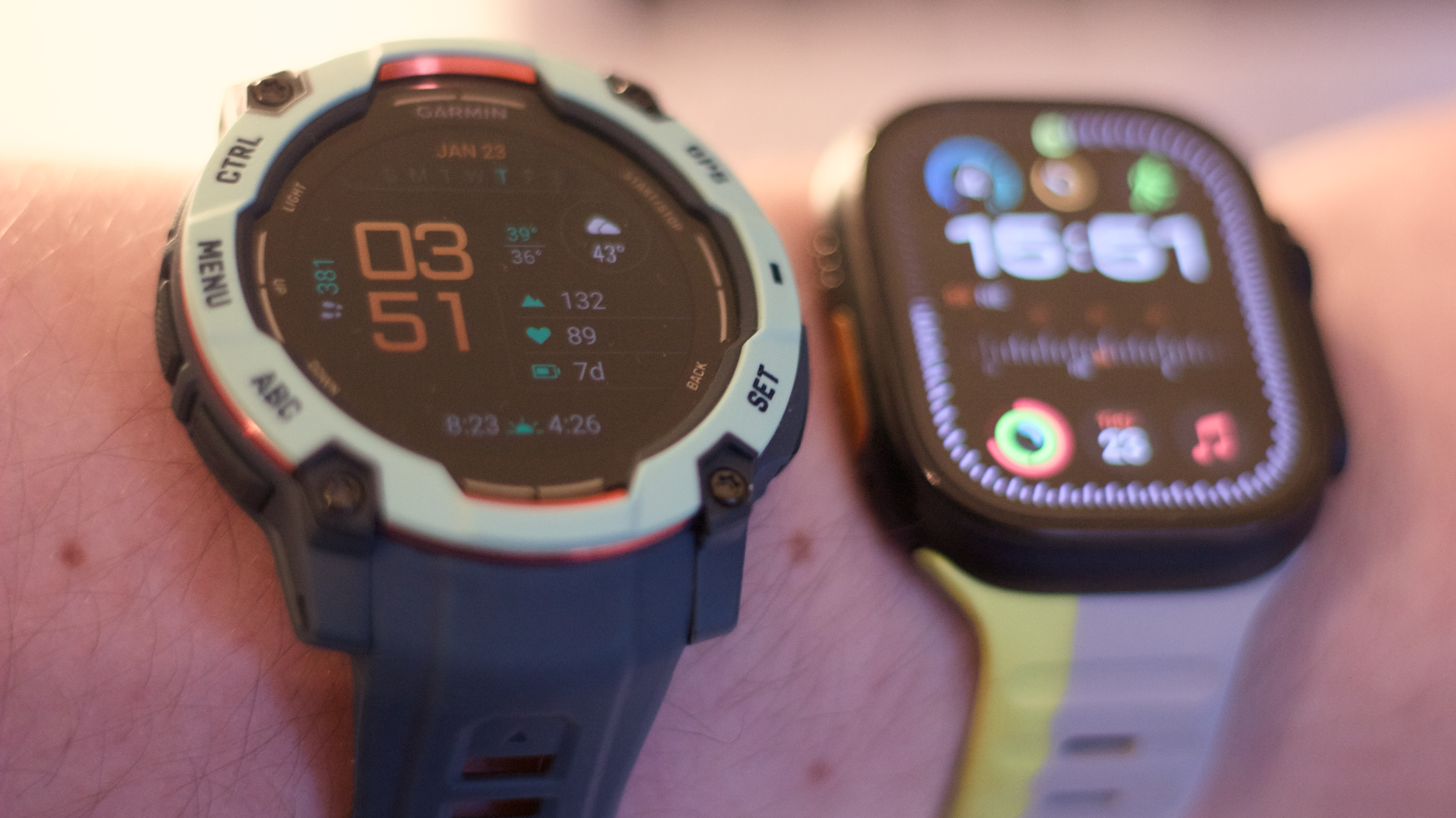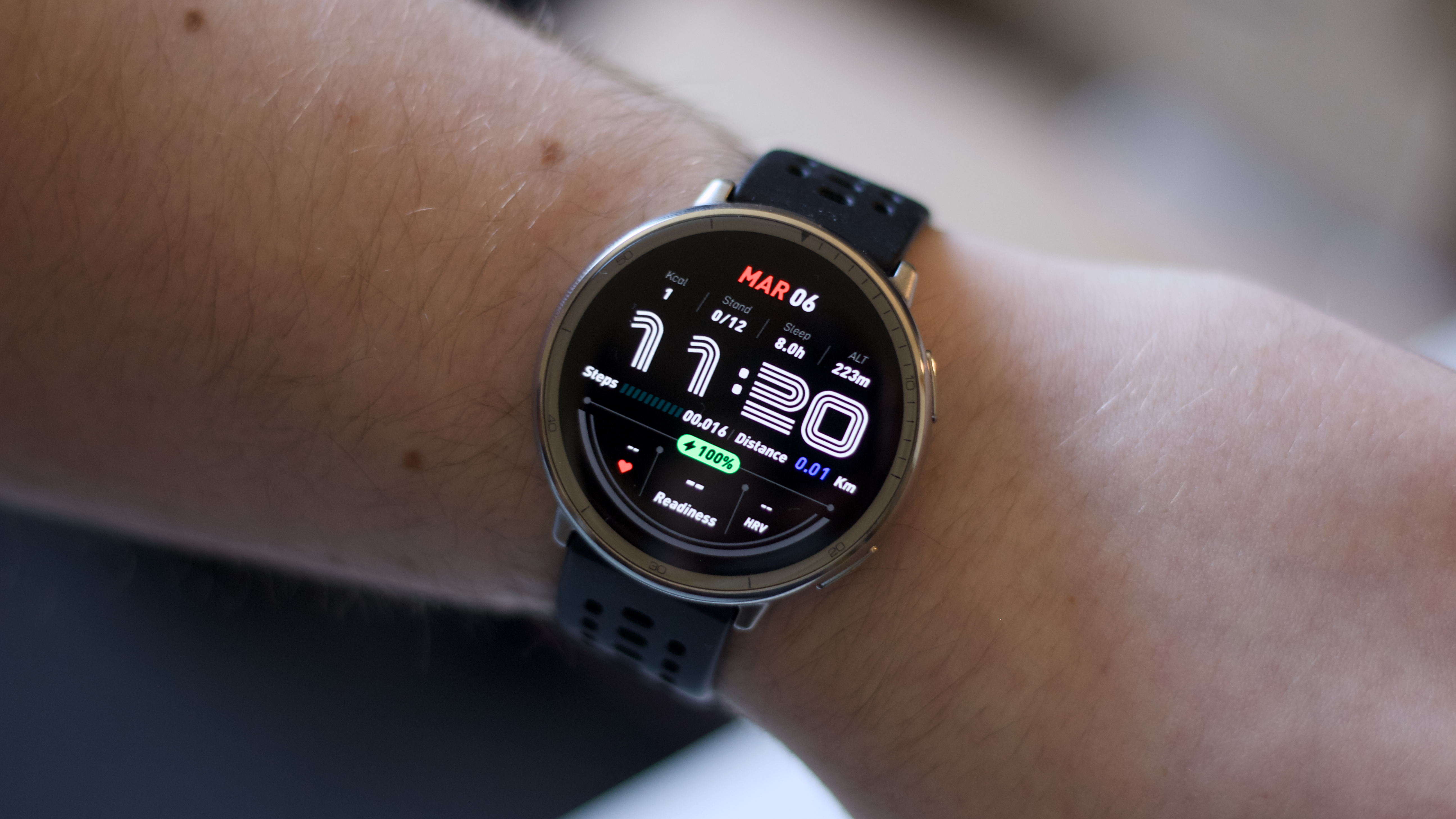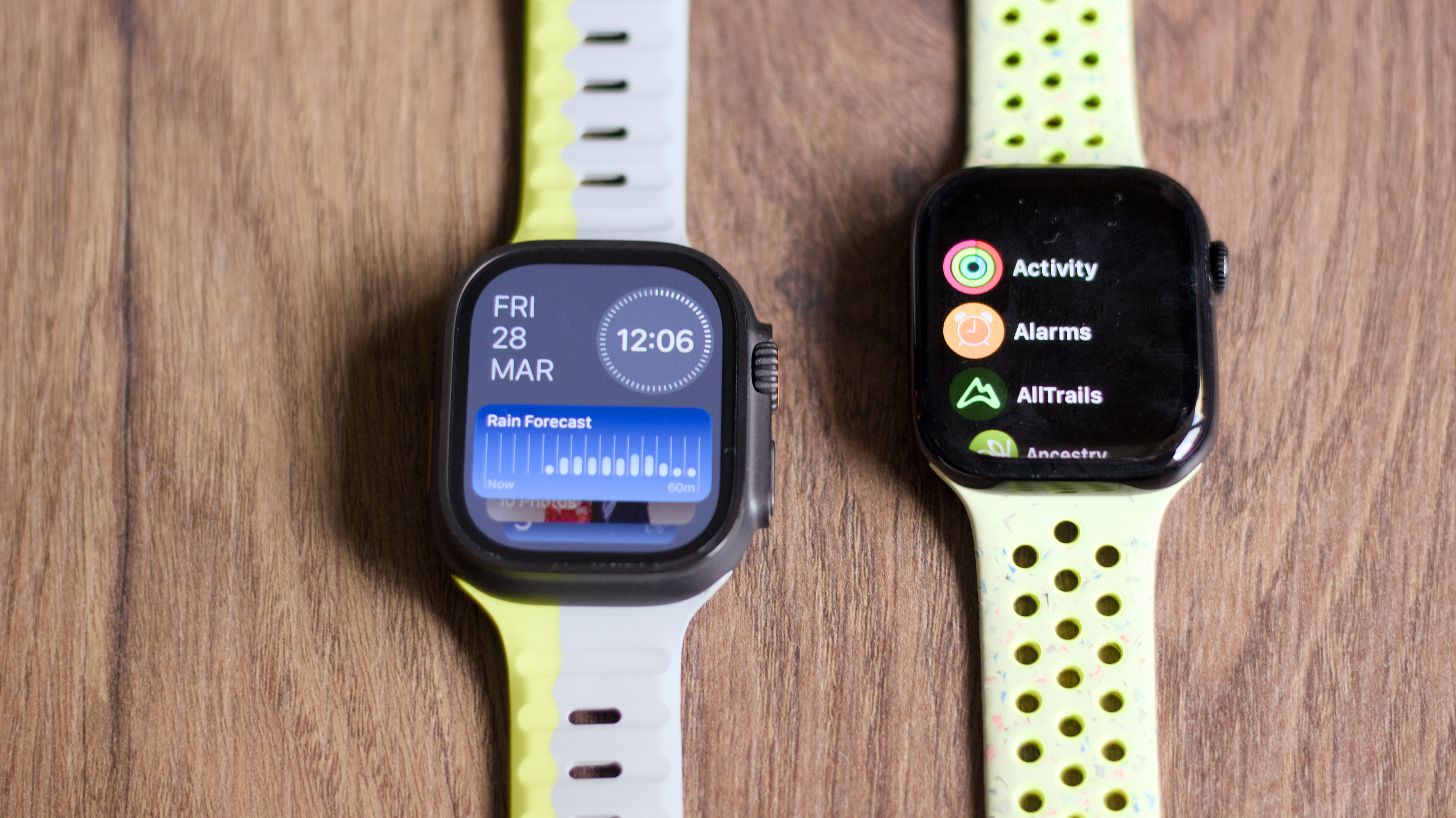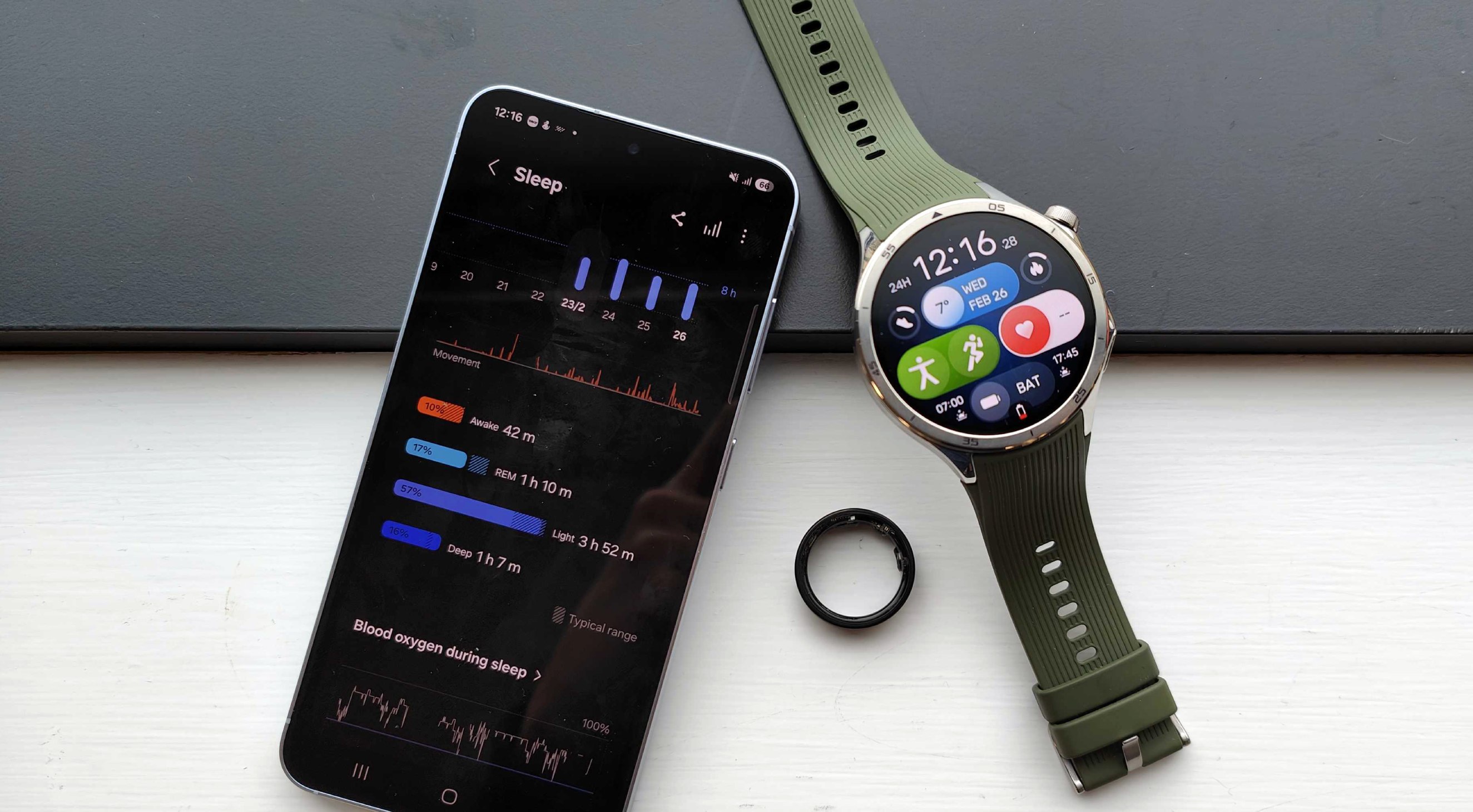I've worn a smartwatch for 10 years, but never to sleep – here's why
A smartwatch wake-up call

Sign up for breaking news, reviews, opinion, top tech deals, and more.
You are now subscribed
Your newsletter sign-up was successful
The humble smartwatch has come a long way since the days of the enthusiast projects of Pebble and the Apple Watch Series 0. To quote Elrond, I was there, 3,000 10 years ago, on day one when the Apple Watch launched in stores. I’ve been using, selling, and writing about them ever since.
Smartwatches continue to impress and push the boundaries of exercise tracking, health features, communication, and beyond, and I’ve loved every minute of it. But even after 10 years, there’s one area of my life I’m yet to surrender to a smartwatch, and that’s sleep.
Despite the best Apple Watches coming with watchOS 11’s Vitals feature, or the best Garmins delivering their wonderful Body Battery and Training Readiness stats, I refuse to wear a smartwatch for sleep tracking. But what on earth would possess me to do such a thing?
Sleep is one of the most important factors in maintaining a healthy lifestyle, and tracking it with data can give you brilliant insights or even catch dangerous diseases like sleep apnea. Some of my reasons are practical, but they’re merely side effects of tackling a much more significant problem I’ve found during my personal experience with sleep tracking. Here’s why I never wear a smartwatch to bed.
Battery life

I’ll start with a couple of the bonus benefits I’ve found over the years of not wearing a smartwatch to bed. A crucial one is battery life. My weapon of choice is the Apple Watch Ultra 2, and not wearing it to bed, between one half and a third of the 24-hour day (depending on how long I sleep), hugely extends battery life.
Unless you’re rocking a premium Garmin or the best running watches out there, just not wearing your watch to bed and turning it off instead is a super-easy way to extend your watch’s battery life.
Comfort

Another minor reason I’ve found myself choosing not to wear a watch to bed is comfort. Perhaps I’d grow into this over time, but wearing a watch to bed after all this time without one feels pretty alien, almost like I’ve not quite finished getting ready for bed.
Sign up for breaking news, reviews, opinion, top tech deals, and more.
In my head, it feels a bit like going to bed with my shoes on, or a coat. Wear your smartwatch for too long, and it all starts to get a bit sweaty and grubby. I really appreciate the time in bed without my smartwatch, which helps me keep on top of grime and lets my wrist breathe. This is why people wear the best smart rings instead.
The truth: It makes me feel worse

I’ve tried various sleep tracking methods over the years, from smartwatches to simple apps that live on your smartphone and stay open while you sleep. Everyone has a slightly different approach to the art, but the results are usually broadly similar.
When you wake up, you get some kind of metric from your device or app of choice, telling you how you’ve slept. If you pay extra, you also get to play back the audio recordings of all the funny noises you make during the night, or the violent outbursts of gibberish as you talk in your sleep.
In all my brief experiences using sleep tracking tech, I always return to the same issue. No matter how I feel in the morning, or how I think I’ve slept, I eventually become a slave to the number presented to me when I awake. I can’t count how many times I’ve woken up in the morning feeling a certain way, only to be told by a smartwatch or app that I actually had a rubbish night’s sleep. Without fail, I immediately feel terrible. What I thought was a decent night’s sleep suddenly becomes a disaster, and I find myself on the back foot before I’ve even crawled out of bed.
There are so many times that I’ve woken up feeling just fine, good even, only to be told my sleep score was 6 out of 100 and that I should feel dismally tired instead. Within minutes, I inevitably find myself feeling that way. You never quite manage to shake that feeling of tiredness throughout the day, and crucially, I often find it increases the pressure of the following night's sleep too. With one bad night in the books, you feel compelled to try and do better the following evening, and as we all know, trying to sleep well is one of the easiest ways to ensure you never do.
The upshot? Sleep tracking is a handy and valuable tool for some, but I’ve just never found a way to make it work. I’d love to incorporate it more into my life, but all my experiences thus far have found it to be way too intrusive and more harmful than helpful. So sorry, Garmin, Samsung, and Oura, you can keep your sleep scores and your Body Battery, I’m sticking to good old-fashioned vibes when the alarm goes off. At least for now.
You might also like...

Stephen Warwick is TechRadar's Fitness & Wearables writer with nearly a decade of experience covering technology, including five years as the News Editor of iMore. He's a keen fitness enthusiast and is never far from the local gym, Apple Watch at the ready, to record his latest workout. Stephen has experience writing about every facet of technology including products, services, hardware, and software. He's covered breaking news and developing stories regarding supply chains, patents and litigation, competition, politics and lobbying, the environment, and more. He's conducted interviews with industry experts in a range of fields including finance, litigation, security, and more. Outside of work, he's a massive tech and history buff with a passion for Rome Total War, reading, and music.
You must confirm your public display name before commenting
Please logout and then login again, you will then be prompted to enter your display name.